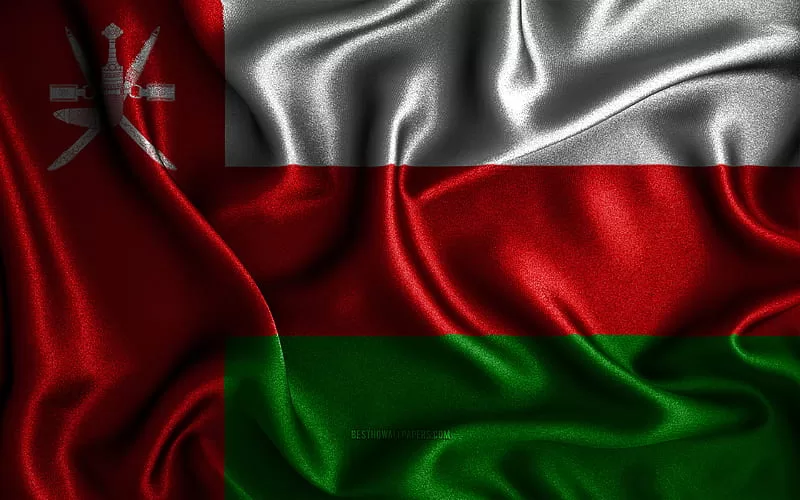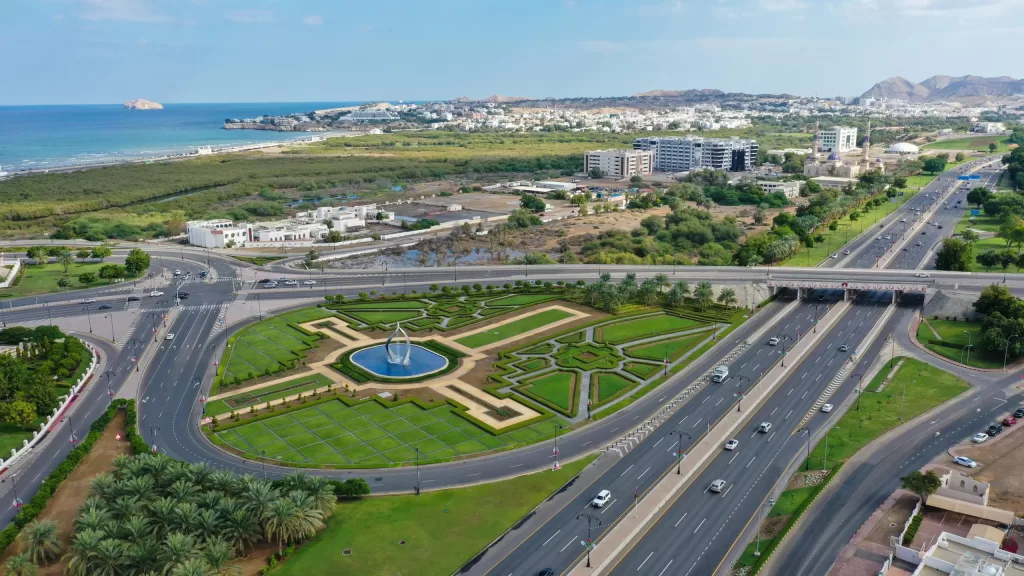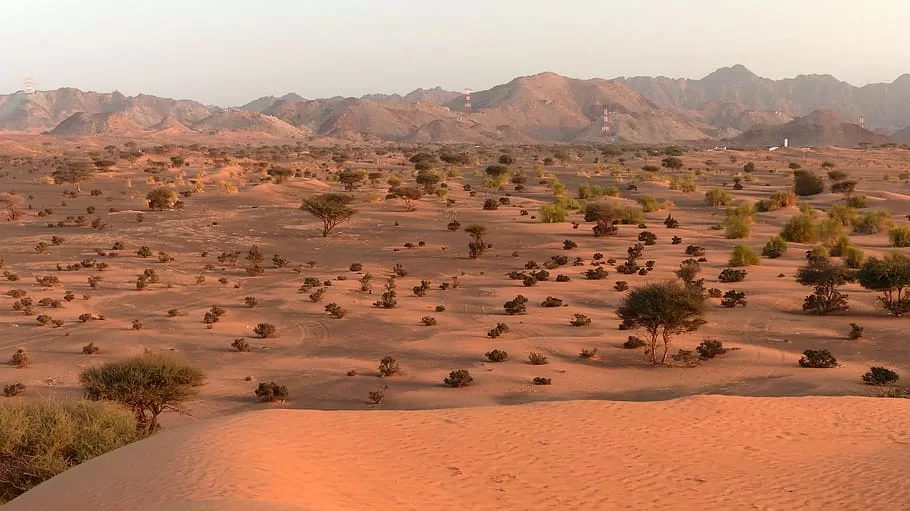Oman Country Report

Oman, situated on the southeastern coast of the Arabian Peninsula, is known for its rich history, diverse landscapes, and cultural heritage. Under the leadership of Sultan Qaboos bin Said Al Said, who ruled from 1970 until his passing in 2020, Oman experienced significant modernization and development while maintaining its traditional values and customs. The country boasts stunning natural scenery, including rugged mountains, vast deserts, and pristine coastline. Oman has pursued a balanced foreign policy, maintaining friendly relations with both Western and Arab countries. Its strategic location at the entrance to the Arabian Gulf has made it an important player in regional geopolitics and trade. Oman’s economy is heavily dependent on oil and gas exports, but efforts have been made to diversify into sectors such as tourism, manufacturing, and logistics. Despite these advancements, challenges such as youth unemployment and the need for further economic diversification remain. Following Sultan Qaboos’s passing, Sultan Haitham bin Tariq Al Said ascended to the throne, continuing the country’s trajectory of development and stability.
Last updated: April 26, 2023
Security
Oman is widely regarded as one of the safest countries in the Middle East region, with a relatively low crime rate and stable internal security. The country’s security forces are well-trained and effective in maintaining law and order. Oman’s political stability, prudent foreign policy, and strong leadership contribute to its overall security environment. Additionally, Oman maintains friendly relations with its neighbors and has traditionally played a constructive role in regional diplomacy and conflict resolution efforts. Despite its strategic location near major shipping routes and geopolitical hotspots, Oman has managed to avoid significant security threats and conflicts. However, like any country, Oman is not entirely immune to security risks, including terrorism and cyber threats. The government remains vigilant and actively cooperates with international partners to address such challenges and ensure the safety and security of its citizens and residents.
Last updated: April 26, 2023
Infrastructure

Oman has invested significantly in infrastructure development, particularly in transportation, energy, and telecommunications sectors. The country boasts modern highways, airports, and ports, facilitating domestic and international trade as well as tourism. Muscat International Airport and Salalah Airport are major hubs connecting Oman to various destinations around the world. Oman’s ports, including Port Sultan Qaboos and Sohar Port, play crucial roles in facilitating maritime trade in the region. In the energy sector, Oman has invested in infrastructure for oil and gas production, refining, and distribution, with the aim of maximizing the country’s hydrocarbon resources. Additionally, Oman has made strides in renewable energy development, including solar and wind projects. The telecommunications sector in Oman is also well-developed, with widespread access to mobile and internet services across the country. Despite these advancements, there are ongoing infrastructure projects aimed at further enhancing connectivity and supporting Oman’s economic diversification efforts.
Last updated: April 26, 2023
Environment

Oman’s environment is characterized by diverse ecosystems, including deserts, mountains, coastal areas, and oases. While the country’s natural beauty is significant, Oman faces environmental challenges related to water scarcity, desertification, and biodiversity loss. Water resources are limited in Oman, with most of the country’s freshwater coming from desalination plants and underground aquifers. Desertification poses a threat to agricultural land and natural habitats, particularly in arid regions. Biodiversity loss is also a concern due to habitat destruction, overgrazing, and urbanization. Additionally, Oman is vulnerable to climate change impacts such as rising temperatures and sea level rise. Despite these challenges, Oman has implemented conservation initiatives and sustainable development projects to protect its environment and natural resources. Efforts include protected area management, wildlife conservation, and renewable energy projects to reduce reliance on fossil fuels. Collaboration with international organizations and partnerships with neighboring countries also play a role in addressing environmental issues and promoting sustainable development in Oman.
Last updated: March 15, 2022
Health and Medical
Oman has made significant strides in developing its healthcare system, providing accessible and high-quality medical services to its citizens. The country boasts modern hospitals, clinics, and healthcare facilities, equipped with state-of-the-art medical technology and staffed by skilled healthcare professionals. Oman’s healthcare system is characterized by universal healthcare coverage, ensuring that all citizens and residents have access to essential healthcare services free of charge or at subsidized rates. Additionally, the government has invested in preventive healthcare measures, health education programs, and public health initiatives to promote healthy lifestyles and prevent diseases. Oman’s healthcare system also prioritizes maternal and child health, with comprehensive antenatal care, vaccination programs, and support for mothers and infants. Overall, Oman’s healthcare system is well-regarded for its accessibility, quality of care, and commitment to improving the health and well-being of its population.
Last updated: September 6, 2023
Political
Oman’s political system is characterized by a monarchy with a unique blend of tradition and modern governance practices. Sultan Haitham bin Tariq Al Said, who assumed power in January 2020 following the passing of Sultan Qaboos bin Said Al Said, serves as the head of state and government. While Oman has a consultative assembly, the Majlis Al-Shura, which advises the Sultan on legislation and policy matters, ultimate authority rests with the monarchy. Oman has made efforts towards political reform, including limited elections for the Majlis Al-Shura, as well as initiatives to promote transparency and public participation in governance. The country’s political stability, prudent foreign policy, and commitment to national development have earned it respect both regionally and internationally. However, challenges such as youth unemployment and the need for economic diversification remain priorities for Oman’s government as it navigates the complexities of modernization while preserving its cultural heritage and traditions.
Last updated: April 14, 2022















